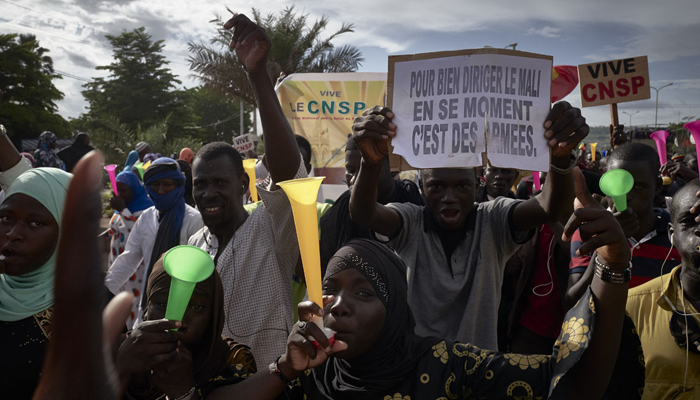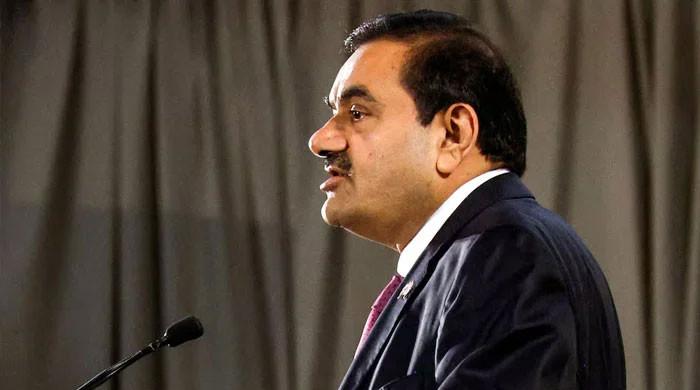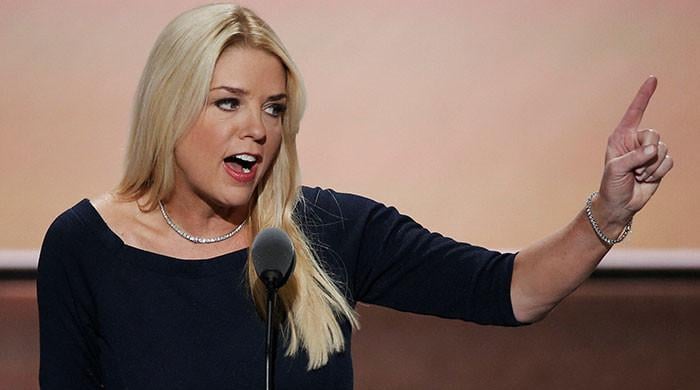Mali leaders to conclude talks on transition government
While the talks are set to conclude Saturday, it remains unclear whether the forum will bridge divisions over a range of issues
September 12, 2020

BAMAKO: A forum in Mali debating how to restore civilian rule after last month's military coup entered its final day Saturday, with several thorny issues left to be resolved to secure a workable roadmap.
On the table before some 500 delegates from political parties, unions and NGOs is a proposal for an 18-month transition government, after experts appointed by the ruling military junta initially proposed a period of two years.
The 15-nation Economic Community of West African States is insisting that Mali's ruling army officers hand over power within 12 months, scared that a prolonged crisis will affect regional stability.
The talks, which began on Thursday, mark the second round of discussions between the young officers who overthrew President Ibrahim Boubacar Keita on August 18 and civilian representatives, many of whom had campaigned for Keita to resign.
The latest version of the "transition charter" discussed on Saturday appears to both shorten the length of the proposed transition, and to scale down the military's role in government.
An earlier version proposed a president appointed by the junta, as well as a legislative body headed by a military officer.
But the current text stipulates that a committee appointed by the junta would appoint the president, and that either a civilian or soldier can head the legislative "national transition council".
The charter, which the delegates are due to decide to adopt on Saturday, also sets the length of proposed the transition government to 18 months. Proposing to shorten the length of the transition comes as the international community has leaned on Mali's military junta to swiftly hand over power.
While the talks are set to conclude Saturday, it remains unclear whether the forum will bridge divisions over a range of issues.
Some members of the June 5 Movement (M5) — which engineered a wave of protests against Keita before the coup — have expressed concern about the army's hand in picking the president, for example.
"Our wish is that the choice of the president of the transition is not made only by the military," said M5 member Adama Ben Diarra, adding that his group should be part of the committee that appoints the president.
It remains unclear whether a final version of the transition charter text discussion will be released, or whether the junta will follow its recommendations.
'Accountable to no one'
The coup — Mali's fourth since gaining independence from France in 1960 — came after months of protests, stoked by Keita's failure to roll back a bloody jihadist insurgency and fix the country's many economic woes. Just hours after the coup, the junta pledged to restore civilian government and stage elections within a "reasonable time".
Military officers had initially talked of a three-year transition, corresponding to the time left in Keita's second five-year mandate, that would be overseen by a soldier.
Speaking on Friday, Yeah Samake from the Civic and Patriotic Action Party said he supported a 12-month transition government.
"The transitional institutions are accountable to no one, which is why the transition must be short term," he said.
Former Malian prime minister Moussa Mara said during a workshop on Friday that "we can go beyond 12 months.
"Let's put the responsibility for duration (of the transition government) on the decision-makers we are going to put in place," he said.











